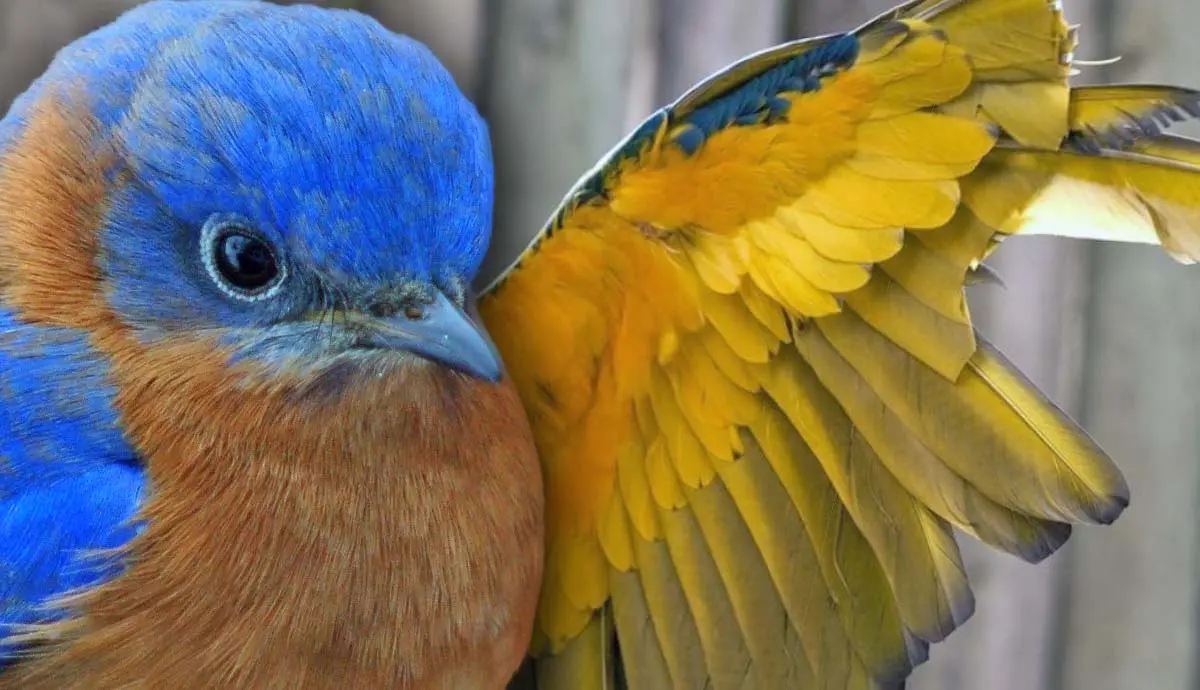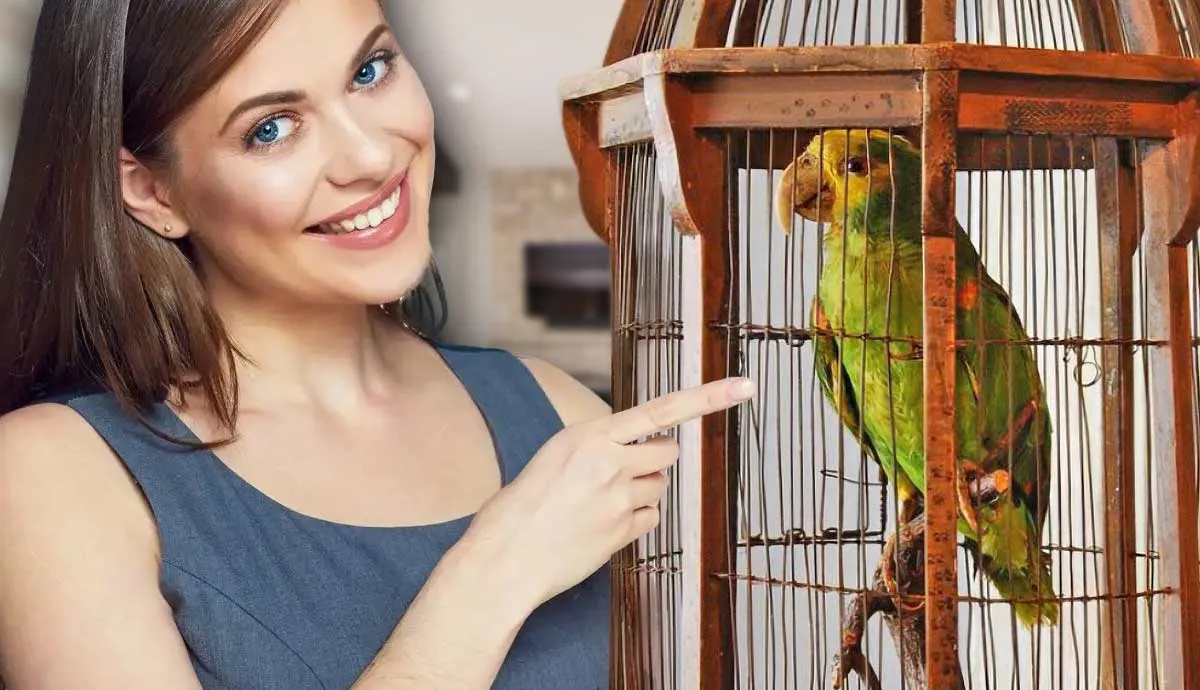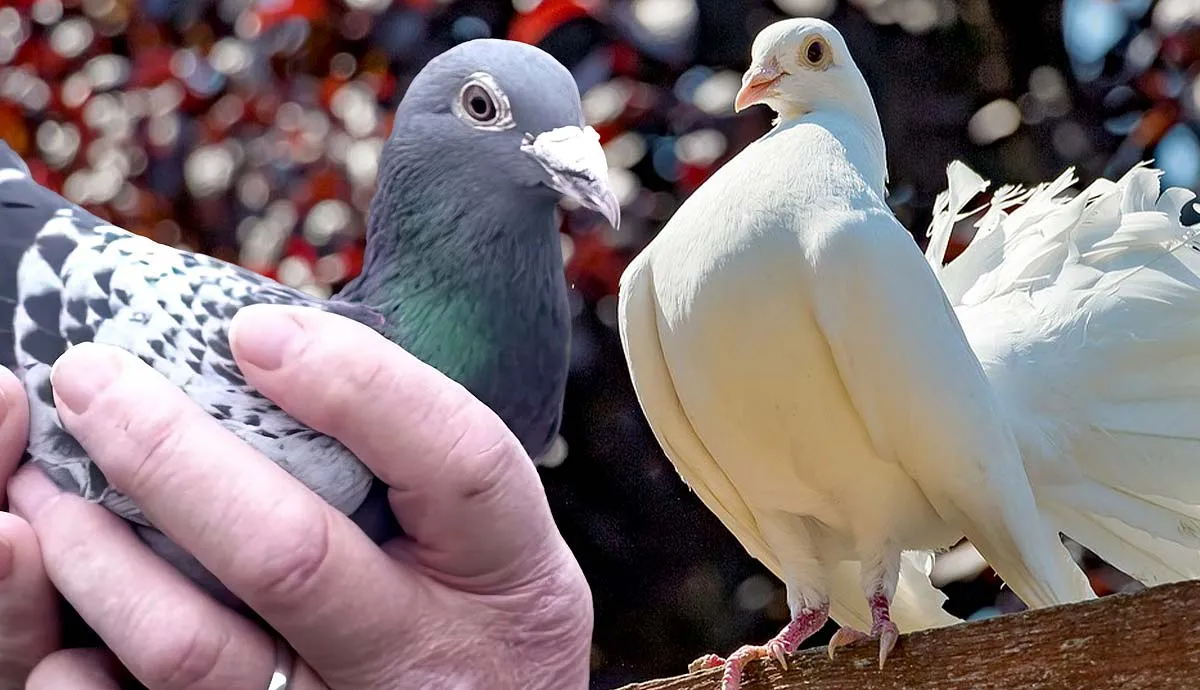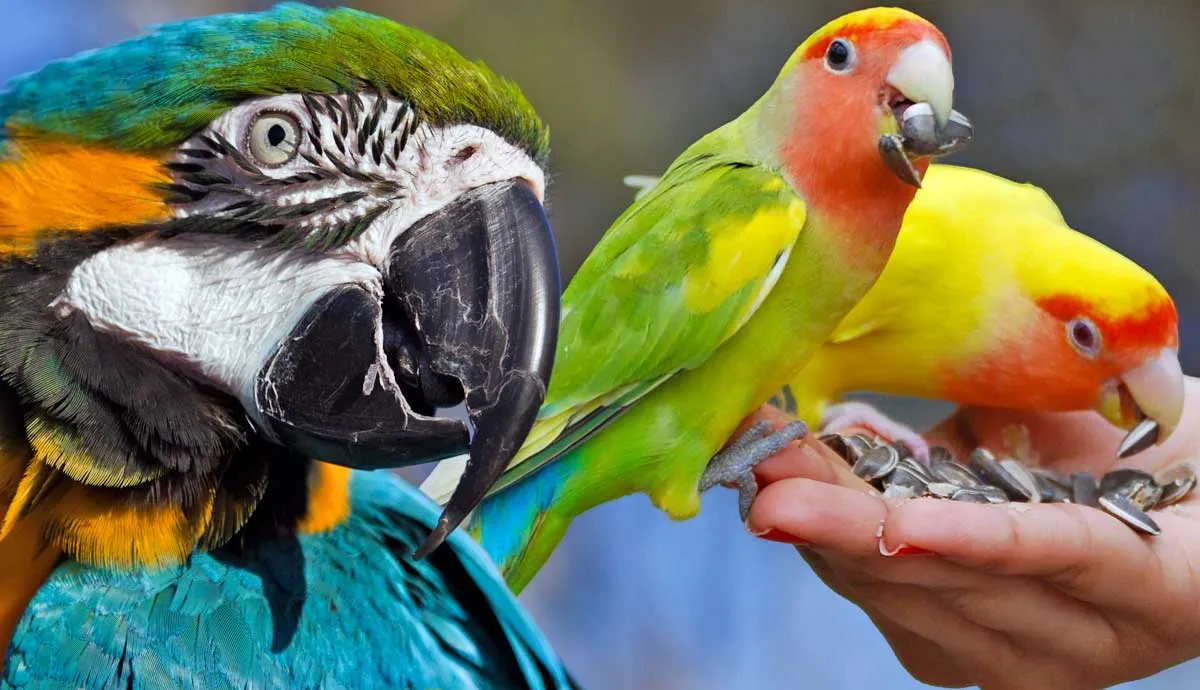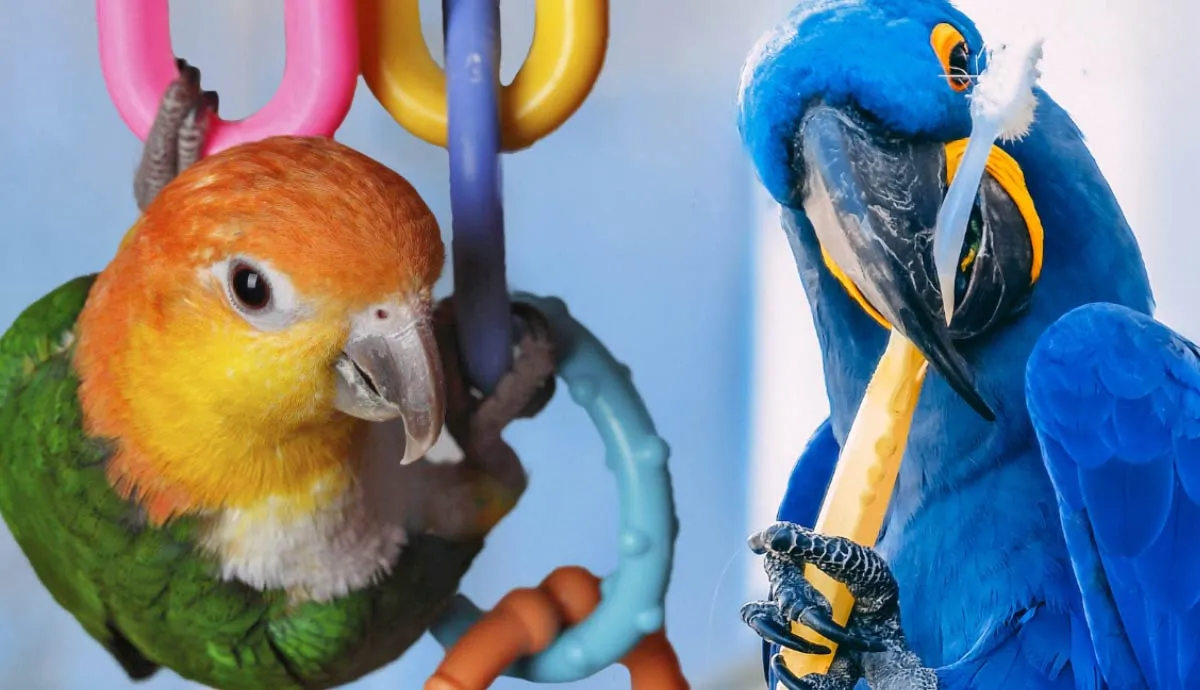Your bird may have come to you with its wings already clipped, or you may consider it to protect them from flying into objects around your house. Either way, the idea of wing clipping is bound to cross your mind at some point.
While many still claim clipping wings is a harmless procedure, many avian enthusiasts and veterinarians are turning from the practice. Keep reading as we explore why bird owners clip wings and major concerns against it.
Why Most Bird Owner’s Clip Wings
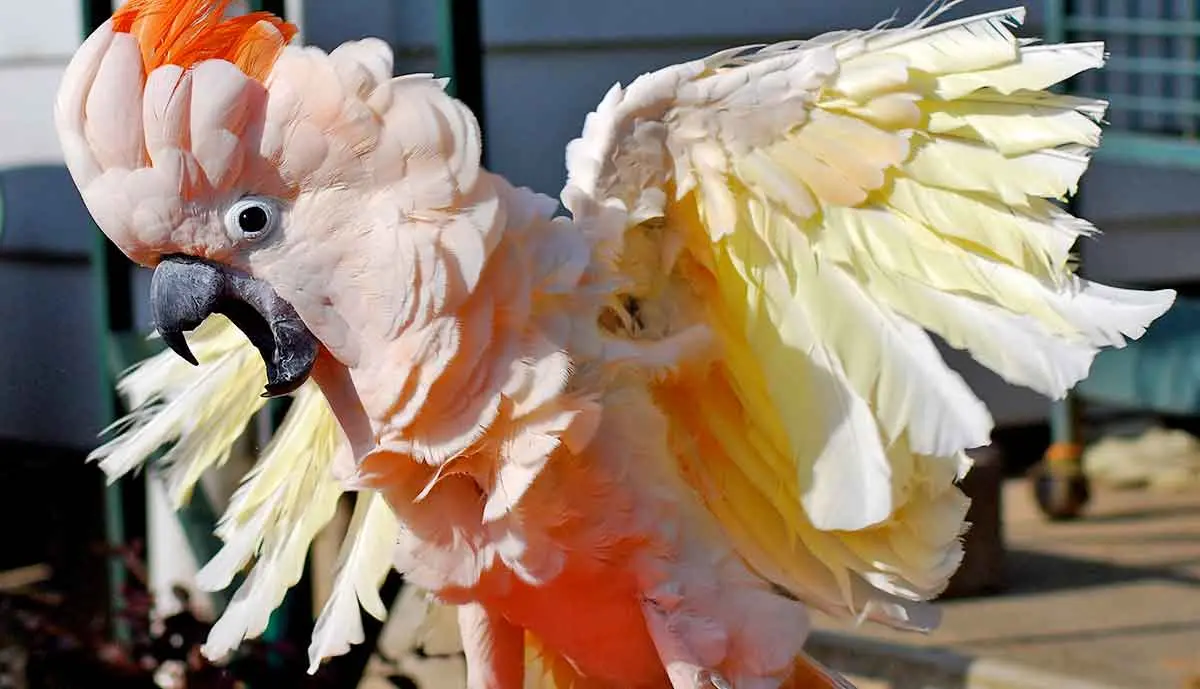
Bird owners who choose to clip wings aren’t doing so maliciously; they want to provide the best care for their birds. They have serious concerns for their companion’s health and safety, and choose what they see as the best solution in these circumstances.
Wing clipping involves trimming a bird’s primary “flight” feathers, limiting both vertical and horizontal flight. In a way, this reduces their chances of colliding with ceiling fans, windows, walls, and closed doors.
It also slows down the speed of certain escapees, making them easier to catch when they break away.
Wing clipping also causes a bird to be more dependent on its owner. When done as ethically as possible for the right reasons, this can deepen their relationship.
Unfortunately, many owners fail to talk this decision through with their veterinarian, or their birds’ wings are already clipped when they get them. This can lead to many of the issues listed in the next section.
Concerns Regarding Wing Clipping
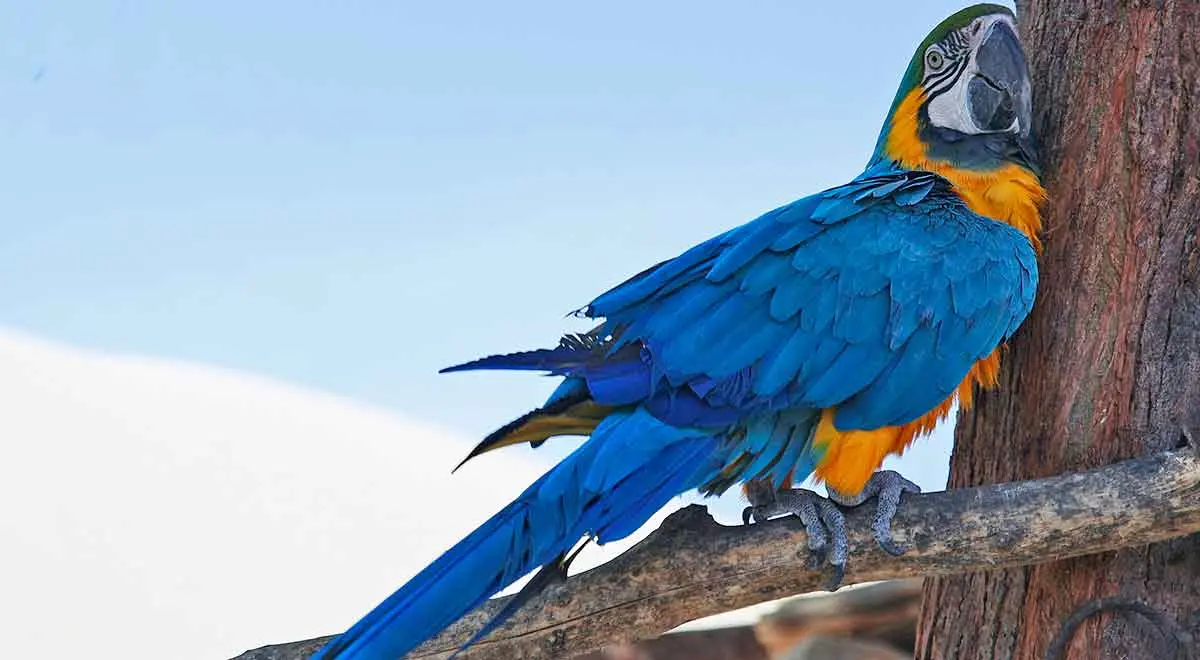
While there are valid reasons to clip a bird's wings, it is important to consider the physiological and psychological effects this has on the bird. Their wings are a major part of how they navigate and explore their environment, and even clipping a few feathers can have major consequences.
Misinformation worsens this issue, as many owners feel they’re making a decision that only affects their bird for a month or two. In reality, these concerns can carry through the rest of your bird’s life.
Ability to Navigate and Exercise
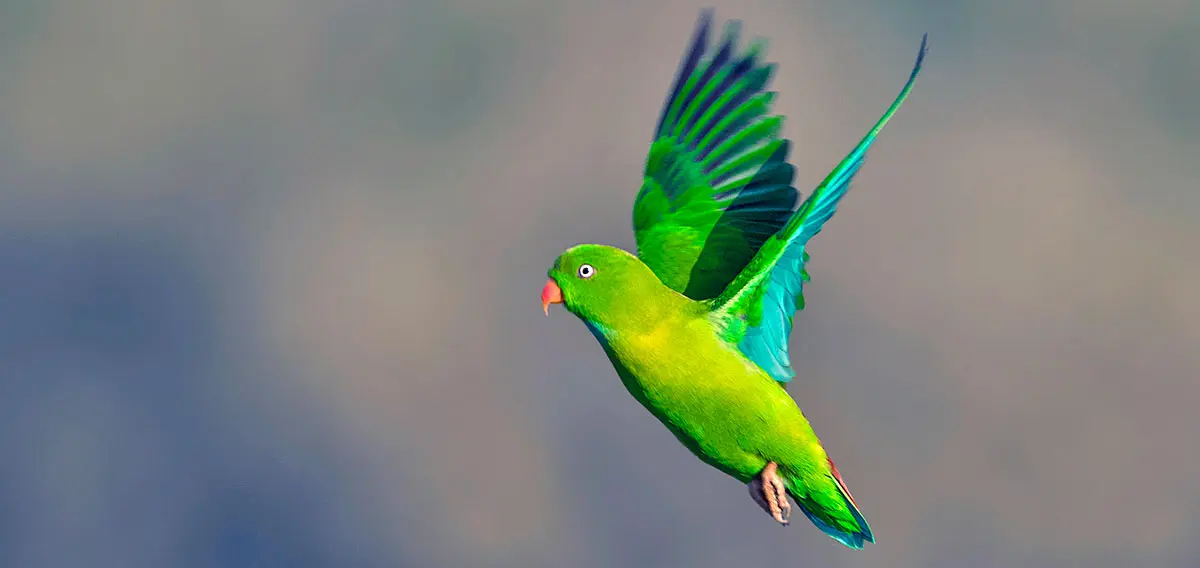
The most obvious reason for clipping flight feathers is to limit the ability to fly. In some cases, this may be the only course of action, but it’s important to consider the repercussions.
Birds will always have the instinct to fly; they’re born with it. Clipping their wings at a young age only interferes with the natural development of their flight skill and the muscles involved.
These muscles may atrophy over time, and the bird loses its main form of exercise. This can easily lead to obesity, increasing the risk of issues such as heart disease and liver disease.
Often, these birds need physical therapy to regain normal use of these muscles (much like someone who spent months in a wheelchair would need assistance). Even then, it’s not guaranteed they will ever return to normal.
The Actual Timeline to Regrow Feathers
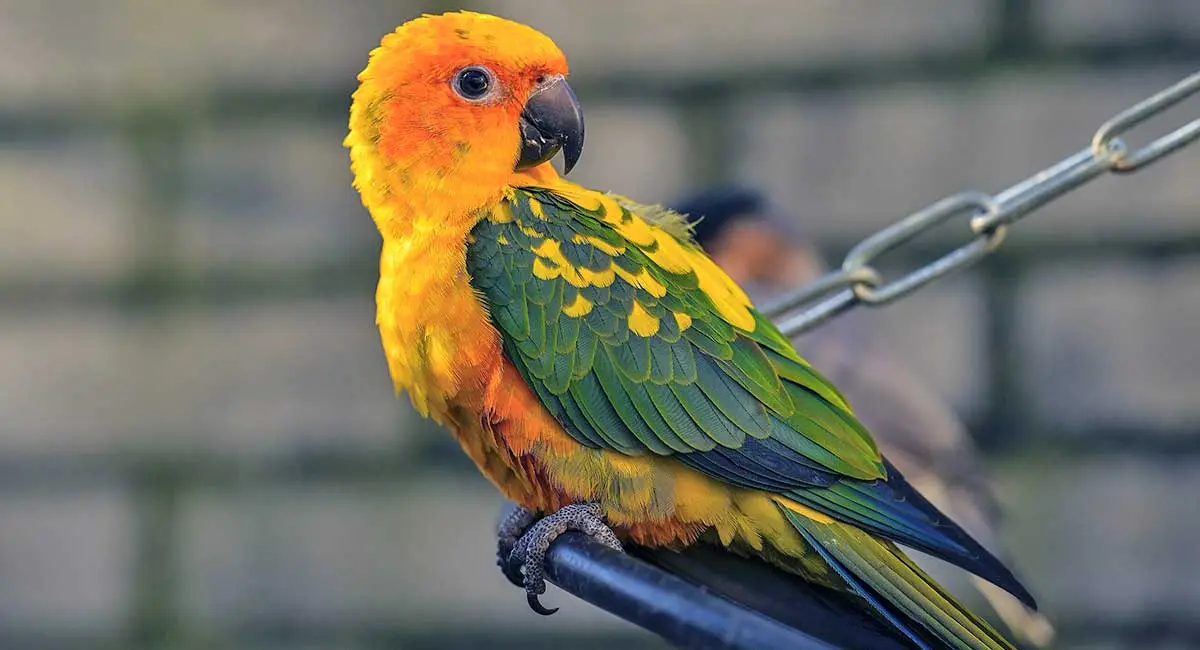
A common misconception about wing clipping is that feathers grow back in just a few months. In reality, it often takes 6 to 18 months for these clipped flight feathers to grow back. This means that your bird will be without their primary form of transport and exercise until that time.
A bird should not have its wings clipped before it fledges. This is a sensitive period during which their brains and body develop, and handicap during this time can cause issues that carry through the rest of their life.
Psychological Damage
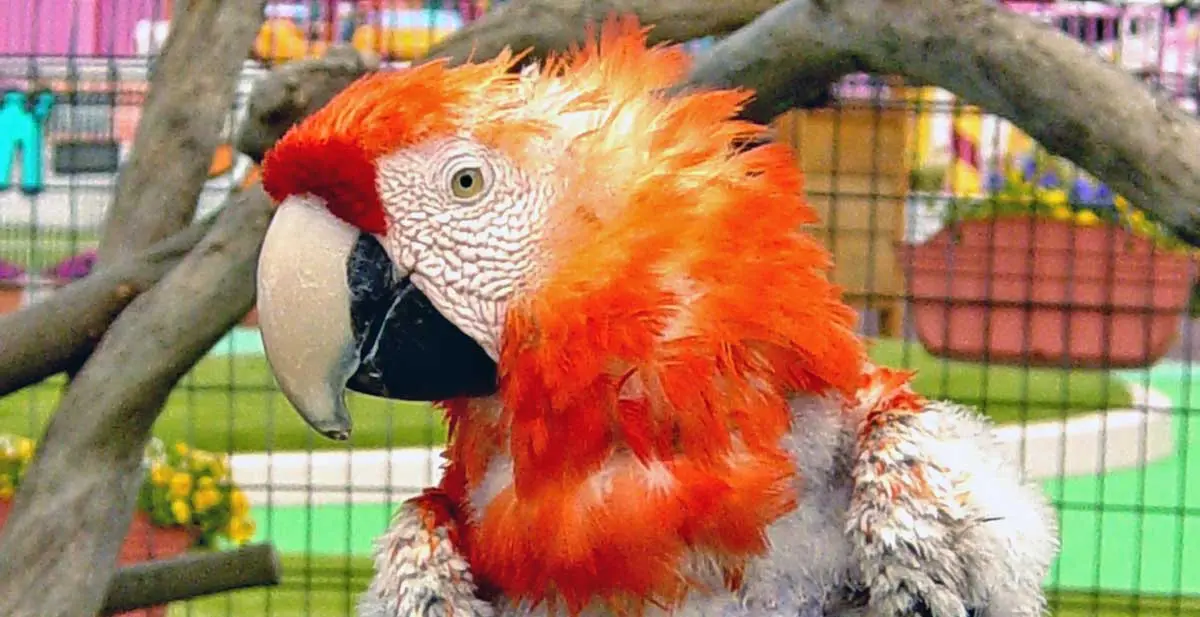
Clipping a bird’s wings deals a major blow to their psychological health.
On one hand, they’re unable to exercise in the most natural way, and easily become agitated and anxious. This can lead to destructive behaviors like screeching or feather plucking.
Clipped wings also deal a blow to their confidence. These birds can still fly short distances, but they have poor control over their flight. They may not be able to fly up to the ceiling fan, but crashes will occur more often and they’ll grow frustrated with their inability to navigate.
The loss of their flight capabilities means they are more likely to resort to fight responses, such as nipping when threatened.
Safety Concerns
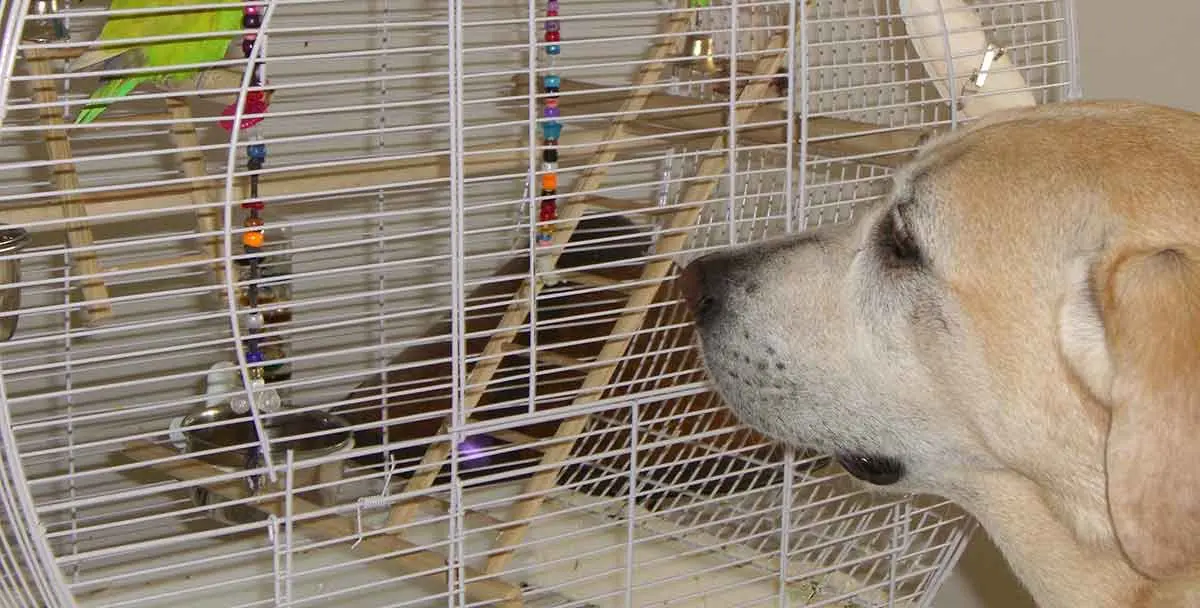
While safety is the main reason owners choose to clip wings, it can actually make their environment more unsafe. The lack of control over their flight means they’re more likely to crash into objects around the home, but that’s not the only issue.
Birds with clipped wings are ill-equipped to escape from predators in your home, such as cats or dogs. The threat grows if they manage to make their way outside and successfully evade capture, where wild predators won’t hesitate to pounce.
Clipped wings can also cause birds to assume an unnatural posture in their attempts at flight, leading to long-term issues with their spine and muscles.
It’s because of these issues that many exotic and avian vets, like Ark Veterinary Clinics, do not offer wing-clipping services. Others, like Brisbane Bird Vet, strongly recommend against it and only do it under certain conditions.
If you’re considering clipping your bird’s wings, set up an appointment with your veterinarian to explore the best solutions for your situation.
